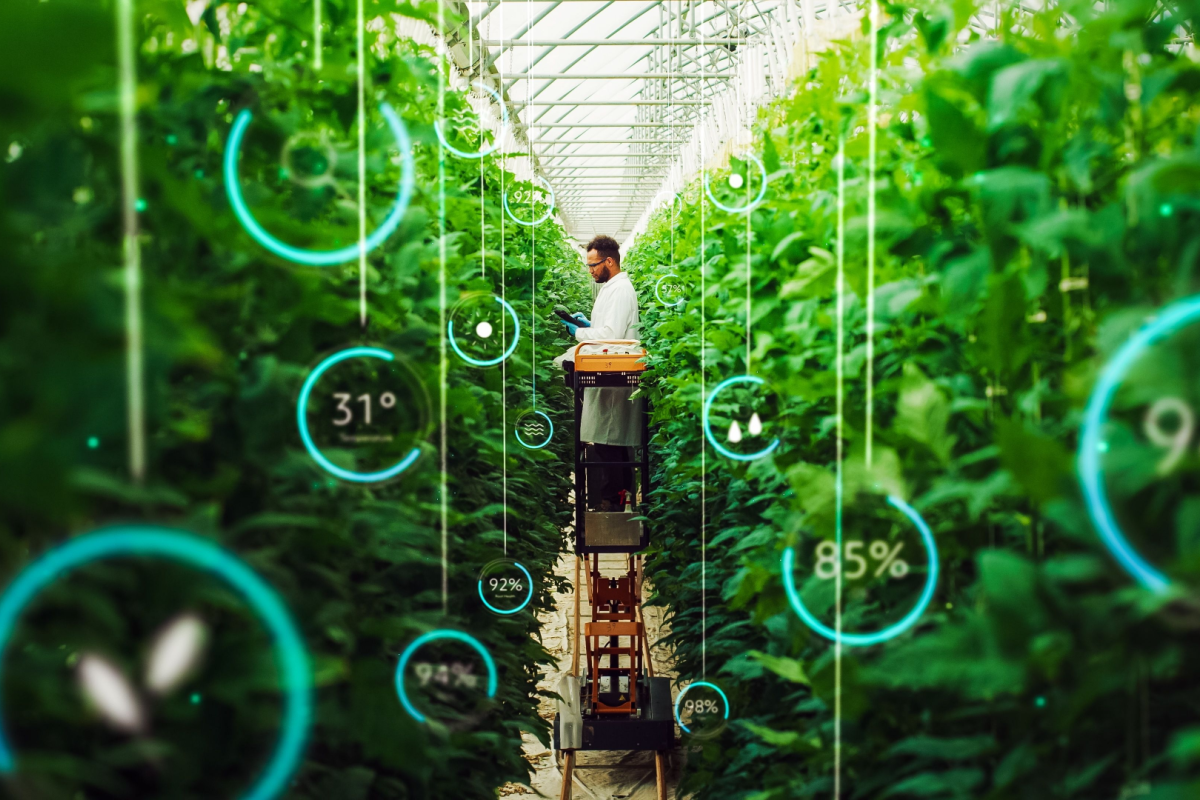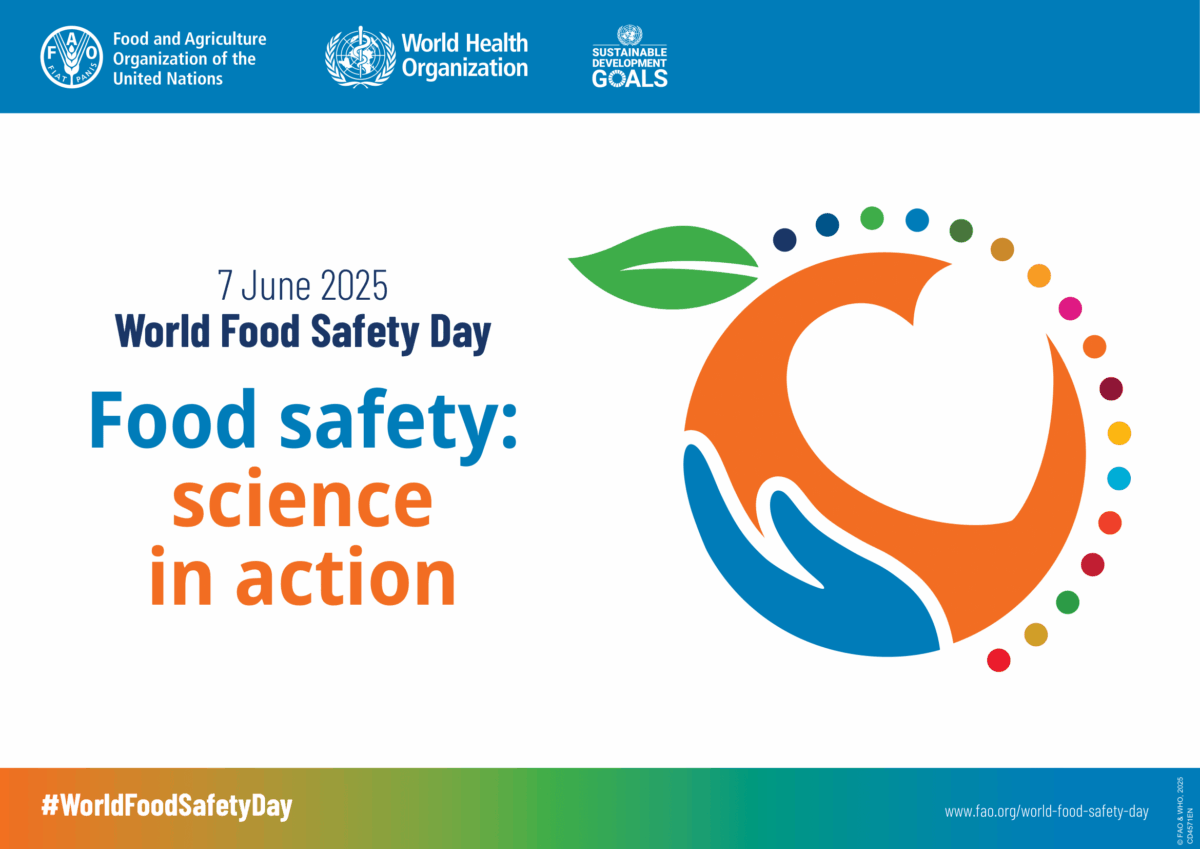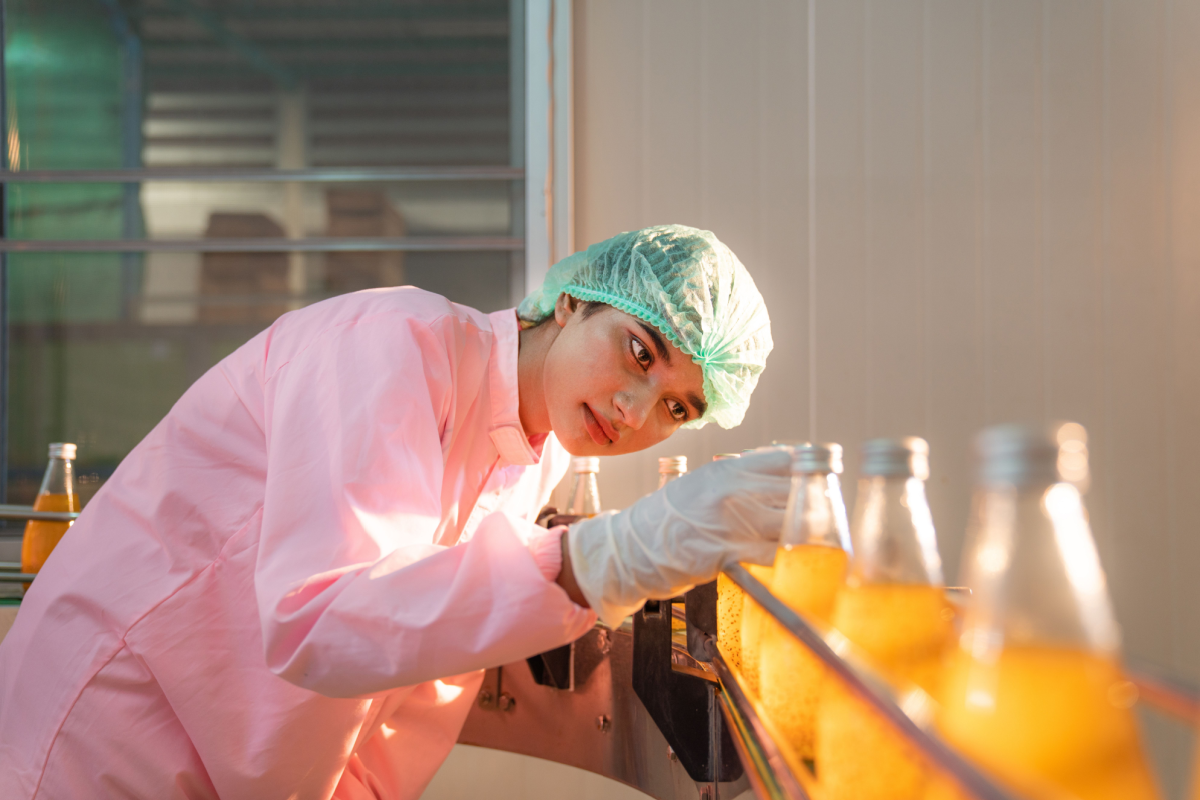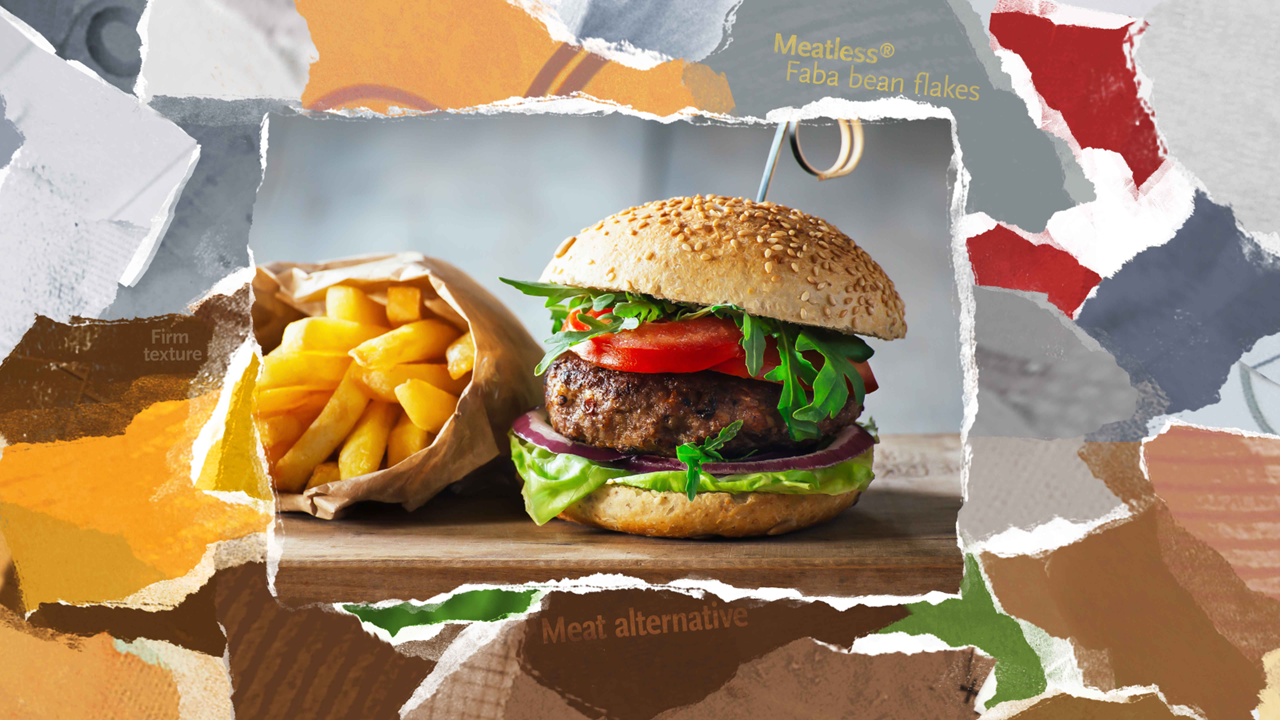Profiteering, otherwise known as greedflation or price gouging, has often been accused of being rampant among packaged food manufacturers and grocery retailers. So, are these accusations valid or merely misunderstandings of the economic complexities within the industry?
The criticism has been primarily voiced by those feeling the financial pinch, especially those with limited resources who have been hit hard by pandemic-inflated prices. Additionally, the Ukraine conflict and rising interest rates have contributed to inflationary pressures.
Despite the outcry, the global food industry maintains a firm stance that it has not manipulated prices for profit. As raw material and oil prices began to reduce, prices of many ingredients remained high, hindering the full recovery of higher costs by the food manufacturers. Companies like Nestlé revealed that it is still grappling with higher costs of commodities like sugar and cocoa, which are 35 percent more expensive than last year.
Related: Amazon One Palm-Scanning Payment Expands to Whole Foods
Commodity Costs
Being public companies, many food manufacturers and grocers are held accountable to shareholders, making it necessary to increase prices to weather extended inflationary cycles. But this often results in increased scrutiny, given the essential nature of food.
While accusations of profiteering are loud, some analysts say that the higher costs of commodities, packaging and energy can take months to trickle down the value chain. Though some costs like natural gas and corn have seen a drop, there’s still a catch-up effect to consider.
Despite increased prices, many global food manufacturers have experienced a dip in operating margins and volumes, affecting their bottom-line profits. Companies like Unilever have also revealed a drop in their gross margins. Added to this are labor shortages and wage increases, further straining their operating costs.
Amidst all these accusations of profiteering in the food industry, the UK Competition and Markets Authority (CMA) concluded an assessment in July, clearing the country’s grocers of any charges of profiteering. This supports the perspective of some analysts, who assert that it’s hard to argue that manufacturers have been involved in profiteering.
Retailers have often been the target of profiteering accusations; however, analysts note that major UK retailers like Tesco, Sainsbury and M&S have seen minimal or no profit growth and have experienced a significant margin decline between 2019 and 2022.
Battling Inflation and Profiteering Accusations
But some argue that these accusations of profiteering in the food industry stem from misunderstanding or even ideological challenges to market economies. Others observe that the public often focuses on absolute profits, while the financial industry considers percentage margins, which are falling. Food manufacturers are caught in a difficult position, raising prices to combat inflation while risking a drop in volumes and margins.
Throughout the inflation cycle, processed food producers have consistently affirmed, in various conference calls, that they’ve turned to consumer price hikes only as a last resort.
The alternatives pursued include scaling down on marketing and advertising expenditures, decreasing investments in machinery and factories, slimming down the variety of their product stock-keeping units (SKUs) and limiting product ranges. A further tactic has been shrinkflation (keeping prices the same but offering less content), a component of the price-pack strategy that some firms employ.
Unilever commented on the issue through a spokesperson prior to announcing its first-half results on July 25th. The statistics revealed a decrease in volumes in its two food divisions, nutrition and ice cream, by 1.9 percent and 5.2 percent respectively, in the face of price increases of 12.6 percent and 11.5 percent; however, Unilever did not directly address the question of profiteering.
Despite the challenges over the last year and a half to two years, recent financial results from companies like Nestlé, Danone and Unilever have hinted at decreasing input costs, allowing for a rollback in price increases.
New Normal
One could also argue that the average consumer needs to become accustomed to the possibility of paying more for their food if they want access to food that’s safely and sustainably produced and environmentally friendly.
And what might the unusually hot weather events currently occurring in parts of Europe, the US and Asia, and the yet-to-be quantified effects of the El Niño weather pattern, mean for harvests and farm-to-fork costs?
The harsh reality is that, if consumers want ethically raised animals, clean water and air, safe working conditions in factories and distribution centers, reliable and safe food supplies, they will have to pay more for their food.
While the subject of profiteering in the food industry can be an emotional one, evidence to substantiate these claims remains elusive. The industry continues to navigate complex economic landscapes, striving to balance the need to maintain margins with the commitment to keep food accessible and affordable.












Join or login to leave a comment
JOIN LOGIN